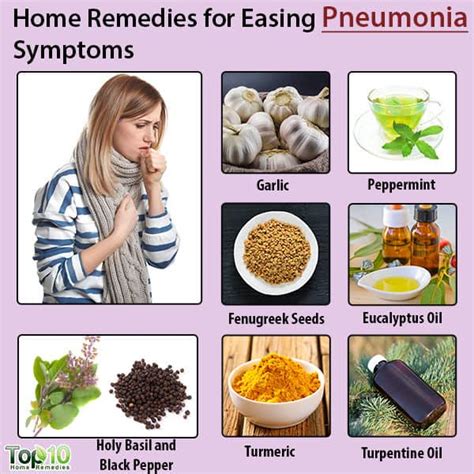How to Treat Pneumonia: A Guide to Recovery
Pneumonia, a lung infection causing inflammation of the air sacs, can be a serious illness. Effective treatment depends on several factors, including the severity of the infection, the type of bacteria or virus causing it, and your overall health. This article provides information on pneumonia treatment; however, it's crucial to consult a doctor for diagnosis and a personalized treatment plan. Self-treating pneumonia can be dangerous.
Understanding Pneumonia and its Causes
Before discussing treatment, let's understand the root causes. Pneumonia can be caused by various bacteria, viruses, or fungi. The most common bacterial cause is Streptococcus pneumoniae. Viral pneumonia is often caused by influenza viruses or respiratory syncytial virus (RSV). Fungal pneumonia is less common but can be severe, particularly in individuals with weakened immune systems.
Identifying Pneumonia Symptoms
Recognizing the symptoms is crucial for early intervention. Common signs include:
- Cough: Often producing phlegm (mucus) that may be green, yellow, or bloody.
- Fever: High temperature accompanied by chills.
- Shortness of breath: Difficulty breathing or rapid breathing.
- Chest pain: Sharp pain that worsens with deep breaths or coughs.
- Fatigue: Extreme tiredness and weakness.
Note: Symptoms can vary depending on the severity and cause of the pneumonia. Some individuals, especially those with weakened immune systems, may experience milder symptoms.
Treatment Options for Pneumonia
Treatment approaches vary depending on the type and severity of pneumonia.
1. Antibiotics for Bacterial Pneumonia
If your pneumonia is determined to be bacterial, your doctor will likely prescribe antibiotics. The specific antibiotic and treatment duration will depend on the bacteria identified. Commonly used antibiotics include penicillin, macrolides (like azithromycin), and fluoroquinolones (like levofloxacin). It's crucial to complete the entire course of antibiotics, even if you start feeling better, to prevent the infection from recurring or becoming resistant to the medication.
2. Antiviral Medications for Viral Pneumonia
Antiviral medications are generally not effective against bacterial pneumonia. However, if the pneumonia is caused by a virus, antiviral medications may be prescribed to help alleviate symptoms and shorten the duration of the illness. These medications are often used for influenza and other viral infections.
3. Antifungal Medications for Fungal Pneumonia
Fungal pneumonia requires treatment with antifungal medications. The specific medication will depend on the type of fungus causing the infection. These infections are often more challenging to treat and require a longer course of medication.
4. Supportive Care
In addition to medication, supportive care plays a vital role in pneumonia recovery. This includes:
- Rest: Getting plenty of rest is crucial for your body to fight off the infection.
- Hydration: Drinking plenty of fluids helps to thin the mucus and keep your airways clear.
- Over-the-counter medications: Pain relievers (like acetaminophen) and cough suppressants can help manage symptoms. Always consult your doctor before taking any over-the-counter medications.
- Oxygen therapy: In severe cases, oxygen therapy may be necessary to help improve oxygen levels in the blood.
- Hospitalization: Individuals with severe pneumonia may require hospitalization for close monitoring and treatment.
Preventing Pneumonia
Prevention is key. Here are some steps you can take:
- Vaccination: Get vaccinated against pneumonia (pneumococcal vaccine) and influenza.
- Handwashing: Practice frequent and thorough handwashing to prevent the spread of infection.
- Healthy lifestyle: Maintain a healthy lifestyle through proper nutrition, exercise, and stress management to strengthen your immune system.
Disclaimer: This information is for educational purposes only and should not be considered medical advice. Always consult with a qualified healthcare professional for diagnosis and treatment of any medical condition. Early diagnosis and appropriate treatment are crucial for successful pneumonia recovery.
